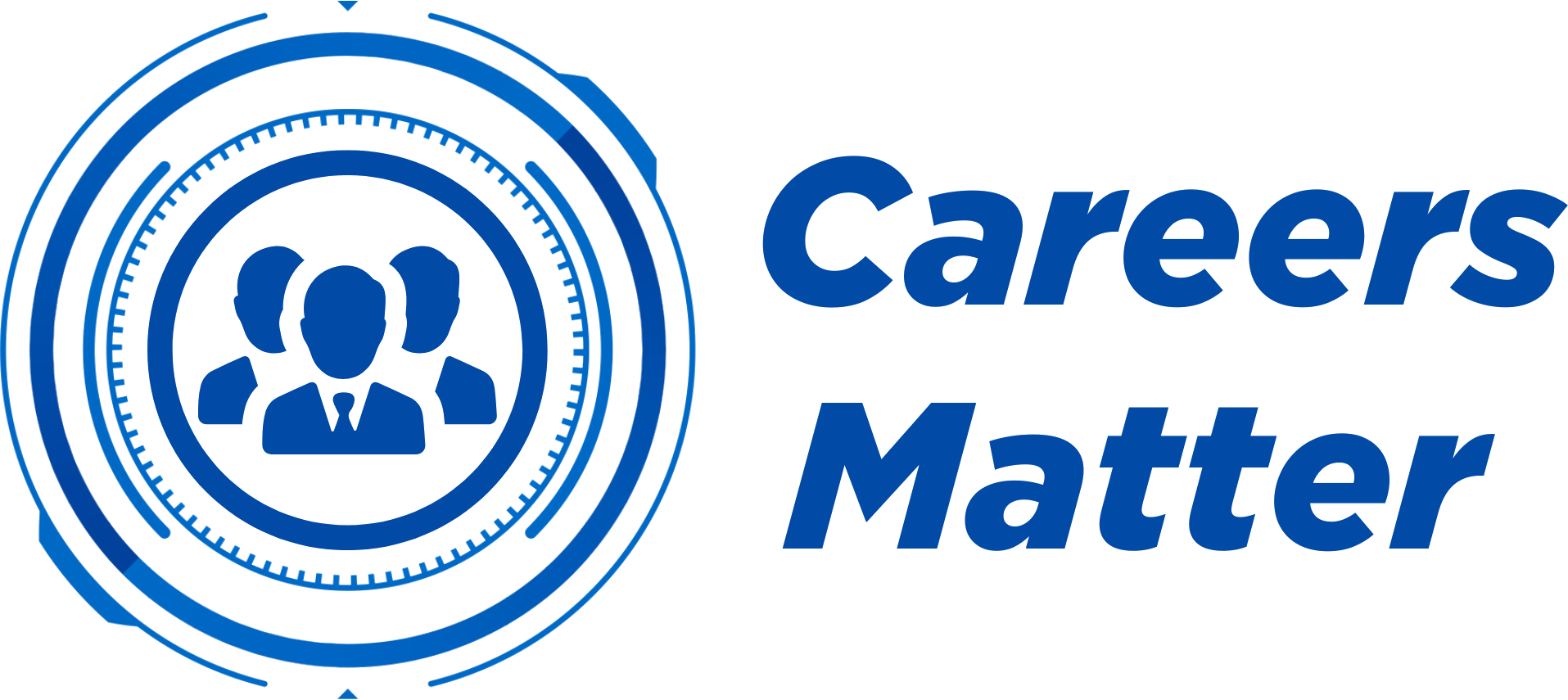The 5 Habits of High Achievers: Turning Skills into Achievements.
In the professional world, there’s a constant buzz around the concept of skills—whether they are technical, soft, or hard. However, the real differentiator between average performers and high achievers isn’t just the skills they possess, but how they leverage these skills to achieve exceptional results. It’s the habits they form, the consistent actions they take, and the outcomes they produce that truly set them apart. Let’s explore the top habits of high achievers and how these habits transform skills into impactful achievements.
Skills vs Achievements: The Real Differentiator
Possessing a skill is only the starting point. It’s the regular application and refinement of these skills through deliberate practice and real-world application that leads to notable achievements. Consider a sprinter who can run 100 meters in under 10 seconds. This raw ability is impressive, but without rigorous training, participation in competitions, and continuous improvement, this skill remains underutilised. The sprinter must convert this potential into performance to win races and achieve accolades.
1. Proactive Problem-Solving
High achievers don’t wait for problems to arise; they anticipate challenges and take pre-emptive action. This habit involves continuously scanning their environment for potential issues and developing strategies to address them before they escalate.
Example:
- Scenario: A project manager anticipates potential delays due to supplier issues.
- Action: Sources an alternative supplier in advance.
- Outcome: The project remains on schedule, demonstrating effective problem-solving.
Deep Dive: Proactive problem-solving isn’t just about quick fixes; it’s about strategic foresight. High achievers develop contingency plans, conduct risk assessments, and regularly review their progress to ensure they stay ahead of potential problems. This approach not only keeps projects on track but also builds a reputation for reliability and foresight.
2. Continuous Learning and Adaptation
High achievers view learning as an ongoing process and habitually seek out new knowledge and skills. They stay ahead of industry trends and technologies, constantly adapting to maintain their edge.
Example:
- Scenario: A cybersecurity professional regularly attends industry conferences and takes advanced courses.
- Action: Applies the latest security protocols to their work.
- Outcome: Enhanced security measures reduce the risk of breaches, benefiting their company.
Continuous learning is a mindset that involves curiosity and a willingness to evolve. High achievers often set aside dedicated time for self-improvement, whether through formal education, online courses, or professional networking. This habit ensures they remain valuable assets to their organisations and can adapt to changing landscapes.
3. Effective Time Utilisation
High achievers optimise their time by prioritising impactful tasks, delegating effectively, and recognising when to outsource tasks that are not core to their role. This ensures they focus on high-value activities that drive significant results.
Example:
- Scenario: An executive uses scheduling software and delegates administrative tasks.
- Action: Allocates time blocks for strategic planning and outsources non-core tasks.
- Outcome: Increased productivity and more time for critical decision-making.
Effective time utilisation involves a combination of strategic planning and tactical execution. High achievers use tools like time-blocking, prioritisation matrices, and delegation frameworks to ensure their efforts are focused on activities that align with their primary objectives. They avoid micromanagement and trust their teams, enabling a more efficient workflow.
4. Outcome-Oriented Collaboration
High achievers ensure their collaborative efforts are directed towards achieving specific outcomes. They align team efforts with broader objectives, leveraging diverse skills to reach the best possible results.
Example:
- Scenario: A product development team is tasked with creating a new app feature.
- Action: The team leader aligns individual roles with project objectives and fosters open communication.
- Outcome: Efficient project completion with each member contributing to a successful launch.
Outcome-oriented collaboration is about more than just teamwork; it’s about strategic alignment. High achievers communicate the vision clearly, set measurable targets, and foster an environment of accountability. They harness the collective strengths of their team to drive towards a common goal, ensuring that every effort contributes to a meaningful outcome.
5. Resilience and Adaptability
High achievers exhibit resilience and adaptability, viewing setbacks as opportunities to learn and grow. They quickly adjust their strategies in response to changing circumstances, maintaining momentum and focus.
Example:
- Scenario: A sales team faces an unexpected drop in market demand.
- Action: Analyses the situation, pivots their sales strategy, and targets a new market segment.
- Outcome: Recovers lost sales and exceeds original targets.
Resilience and adaptability are crucial in a rapidly changing world. High achievers build these attributes by embracing change, learning from failures, and staying flexible in their approach. They develop a growth mindset, where challenges are seen as stepping stones rather than obstacles. This allows them to navigate through uncertainty with confidence and poise.
Conclusion
Shifting the focus to the “habits of high achievers” underscores the importance of actionable traits over the mere possession of skills. These habits – proactive problem-solving, continuous learning, effective time utilisation, outcome-oriented collaboration, and resilience – are what truly drive success and impact in any professional setting.
By adopting these habits, professionals can transform their skills into significant achievements, making a real difference in their careers and industries. Remember, it’s not just about having the skills; it’s about using them effectively and consistently to create meaningful outcomes.
Ready to transform your skills into achievements? Let’s discuss how you can adopt these habits and drive your career forward. Schedule a 20-minute call with me to get personalised advice and start your journey towards high performance.
